A California school board president who banned LGBTQ Pride flags on campus is now paying the price for his controversial decision. Ryan Jergensen, president of the Sunol Glen Unified School District board, was recently ordered to pay legal fees to a community member after restricting non-governmental banners at district schools.
The debate over which flags can fly sparked outrage, allegations of extremism, and even death threats aimed at Jergensen and his family. Now, the sole parent on the school board says he wants to keep schools neutral, but others claim he’s attacking diversity and trying to silence critics.
Community Outrage and Legal Troubles
The September 12 vote outraged many in the community who felt it was discriminatory against the LGBTQ community. Former school board trustee Denise Kent Romo was particularly vocal in her criticism of Jergensen, accusing him of being anti-LGBTQ.

Her comments allegedly inspired a series of threatening emails sent to Jergensen, including one saying, “Enjoy your weekend. It could be your last.”
Death Threats and Legal Action Against Ryan Jergensen
Ryan Jergensen never imagined that voting to restrict flags at his children’s school would lead to death threats and legal troubles.

As president of the Sunol Glen School Board, Jergensen joined the unanimous vote to only allow the American and California state flags to fly on school grounds.
The Controversial Vote to Limit Flag Displays
When the Sunol Glen School Board voted to restrict displays of flags other than the American or California state flag on school grounds, it sparked intense controversy and debate.
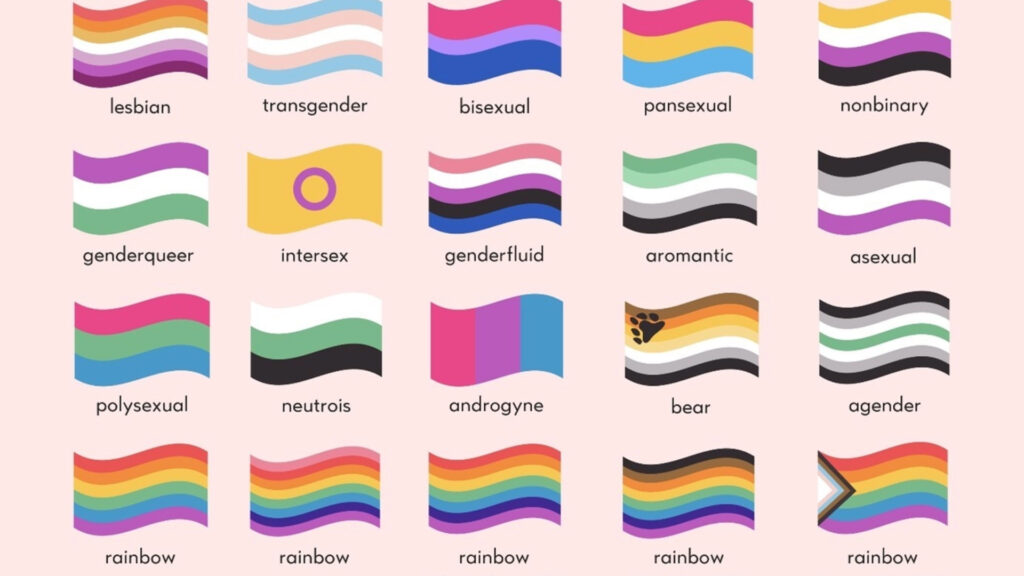
Board President Ryan Jergensen was one of the members who voted in favor of the new rule, claiming it was meant to keep the school “neutral for all families.”
Parents Express Concern for Inclusiveness
Several parents spoke out at school board meetings, voicing their worries that the ban promoted intolerance and made some students feel unwelcome or unsupported.

“My daughter came out as bisexual last year, and seeing the Pride flag at school gave her courage and comfort,” said one parent. “What message does this ban send to students who are questioning their identity or struggling with coming out?”
Students Organize Walkouts and Protests
In response to the board’s decision, high school students organized walkouts and protests to show their support for inclusiveness and diversity.

The protests received local media attention and support from advocacy groups, bringing more pressure on the school board to reverse their decision.
Restraining Order Filed Against Former Trustee
A restraining order was filed by Ryan Jergensen, the Sunol Glen School Board President, against former school trustee Denise Kent Romo after receiving numerous death threats targeting him and his family.
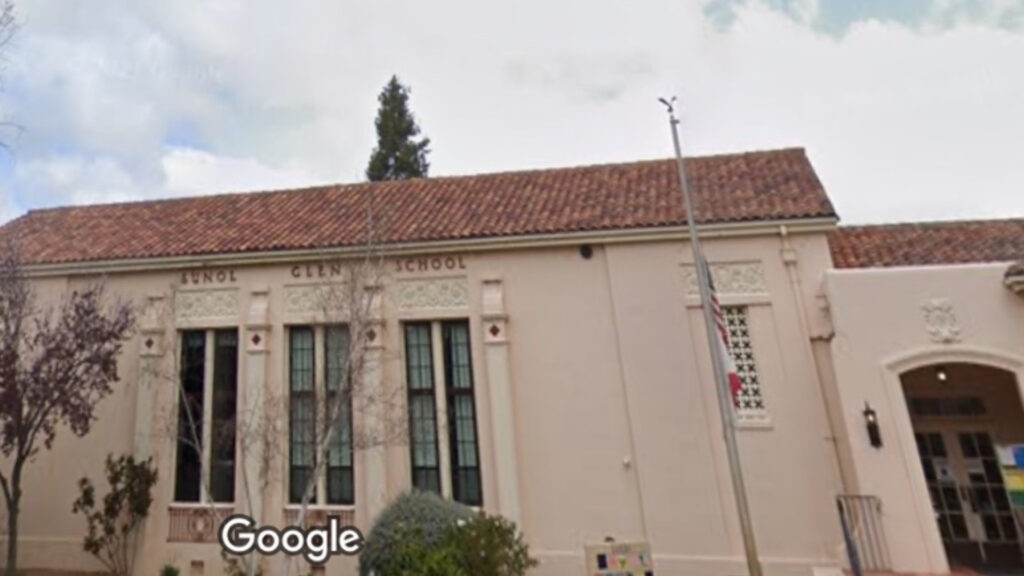
The threats allegedly highlighted claims from Kent Romo, suggesting Jergensen was anti-LGBTQ and associated with extremist groups.
Ongoing Debate Over the Flag Restrictions
When the school board voted in September to ban the display of all flags except the U.S. and California flags, it ignited a firestorm of criticism.
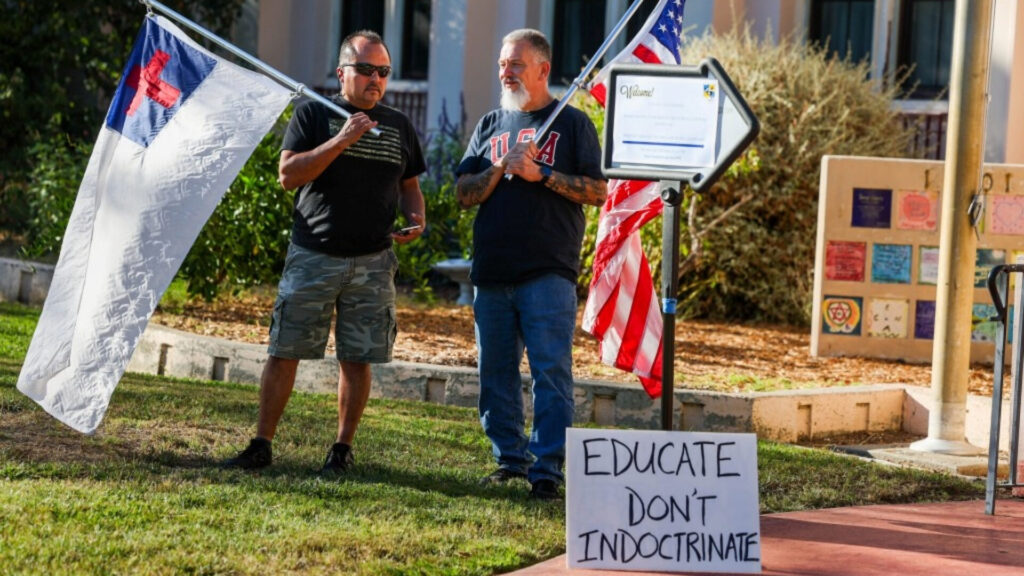
Opponents argue the new rule specifically targets the Pride flag and other symbols of diversity, creating an unwelcoming environment for LGBTQ students and families.
Unresolved Community Tensions
While the restraining order against Kent Romo was granted, the underlying issues remain unresolved. The school board has not revisited its decision to limit displays to governmental flags only.
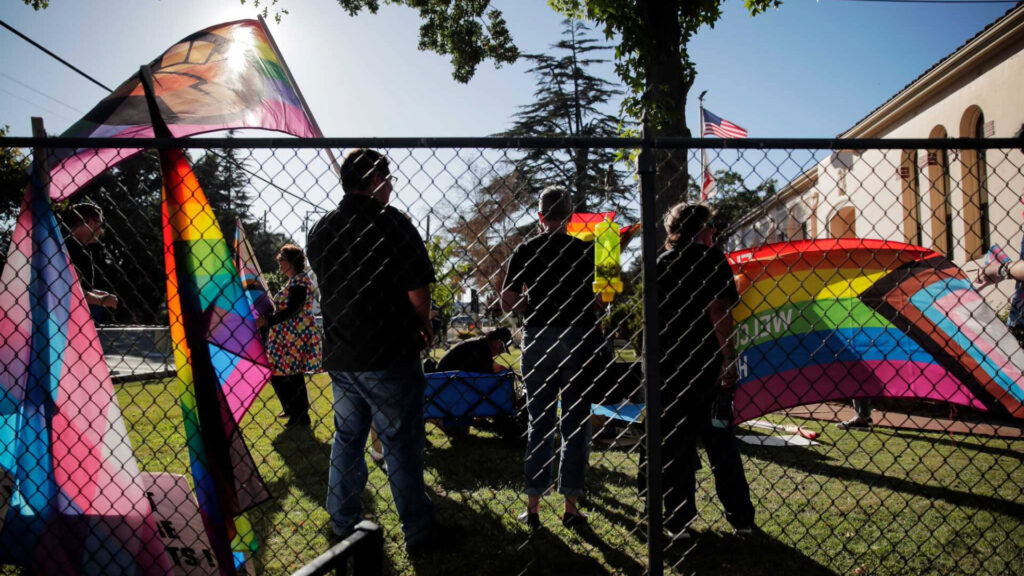
However, the policy continues to be a source of distress for families and community members who feel it creates an unwelcoming environment, especially for LGBTQ students.
Broader Impacts on Inclusion in Schools
The decision to restrict displays of flags other than the American or California state flag at Sunol Glen School has broader implications regarding inclusiveness and diversity.

Schools have an opportunity to promote acceptance of marginalized groups through symbolic gestures like flying the Pride flag during Pride Month or banners representing minority communities.
A Costly Move For Jergensen
Jergensen dismissed the order but was still hit with a motion for nearly $10,000 in fees. “It’s not like I was bringing this claim of wanting a temporary restraining order frivolously,” Jergensen said.

“It was something I was doing in good faith to try to protect my family.” Though the amount was lowered, the judge ruled Haglund and Arkin were the prevailing parties and awarded them $8,455.
An Empty Victory?
Jergensen called the outcome “unfortunate,” saying judges in Alameda County “don’t consider those things as well.”

Haglund said the fees were “fairly nominal” and she had sought a public apology for the “untruthful headlines” and resulting harassment.
A Microcosm of Turmoil
Jergensen lamented that the small district’s troubles reflect the polarized state of public discourse. “As I understood these communications, it was if you dismiss it, we will be done. I dismiss it. I try to be the nice guy,” he said.

“A month later, they’re now bringing a motion for attorney fees.” While the legal drama has subsided, the underlying issues remain unresolved.
Anti-Slapp Laws Invoked to Protect Free Speech
The lawyers representing Kent Romo threatened to file an anti-SLAPP motion against Jergensen to protect Romo’s free speech rights.
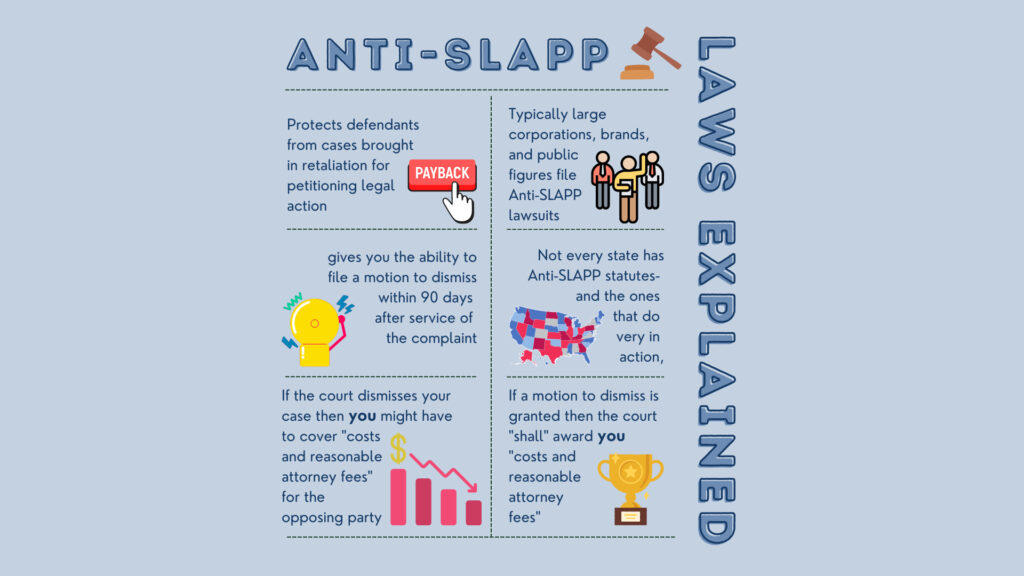
Anti-SLAPP laws aim to prevent frivolous lawsuits filed with the intention of silencing or intimidating critics by burdening them with the cost of a legal defense.
Offer to Remove Order if Harassment Ended
According to Jergensen, he offered to remove the restraining order if the threats and scrutiny against his family died down.
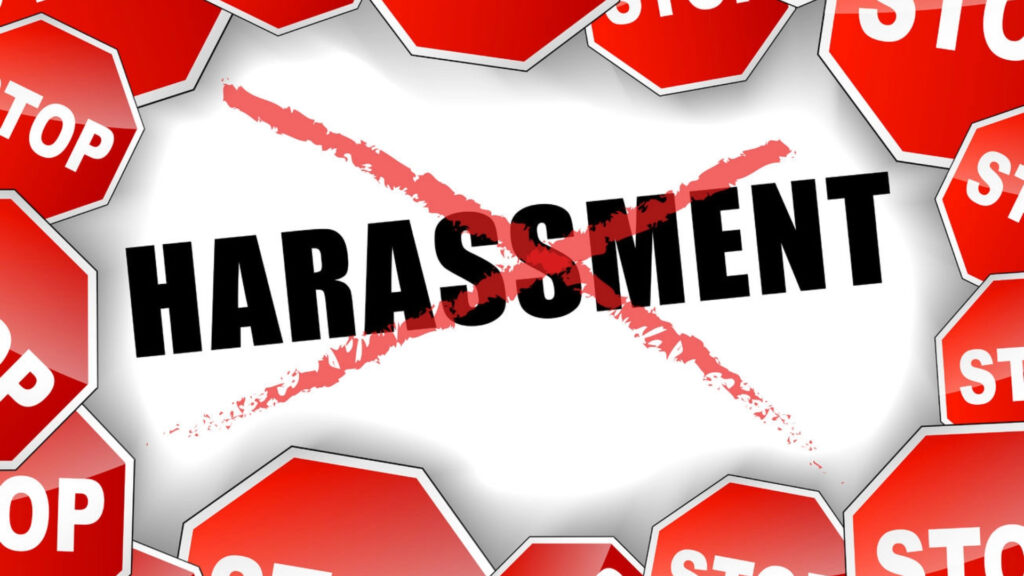
He said he “merely wanted to bring the temperature down” and thought dismissing the order would be seen as acting in “good faith” by the judge.





GIPHY App Key not set. Please check settings